Author Archives: Joseph So
Author Archives: Joseph So
In October 2024, we started publishing roundup blog posts to share the latest features and updates from our teams. Today, we are announcing general availability for Account Owned Tokens, which allow organizations to improve access control for their Cloudflare services. Additionally, we are launching Zaraz Automated Actions, which is a new feature designed to streamline event tracking and tool integration when setting up third-party tools. By automating common actions like pageviews, custom events, and e-commerce tracking, it removes the need for manual configurations.
Cloudflare is critical infrastructure for the Internet, and we understand that many of the organizations that build on Cloudflare rely on apps and integrations outside the platform to make their lives easier. In order to allow access to Cloudflare resources, these apps and integrations interact with Cloudflare via our API, enabled by access tokens and API keys. Today, the API Access Tokens and API keys on the Cloudflare platform are owned by individual users, which can lead to some difficulty representing services, and adds an additional dependency on managing users alongside token permissions.
First, a little explanation because the terms can Continue reading
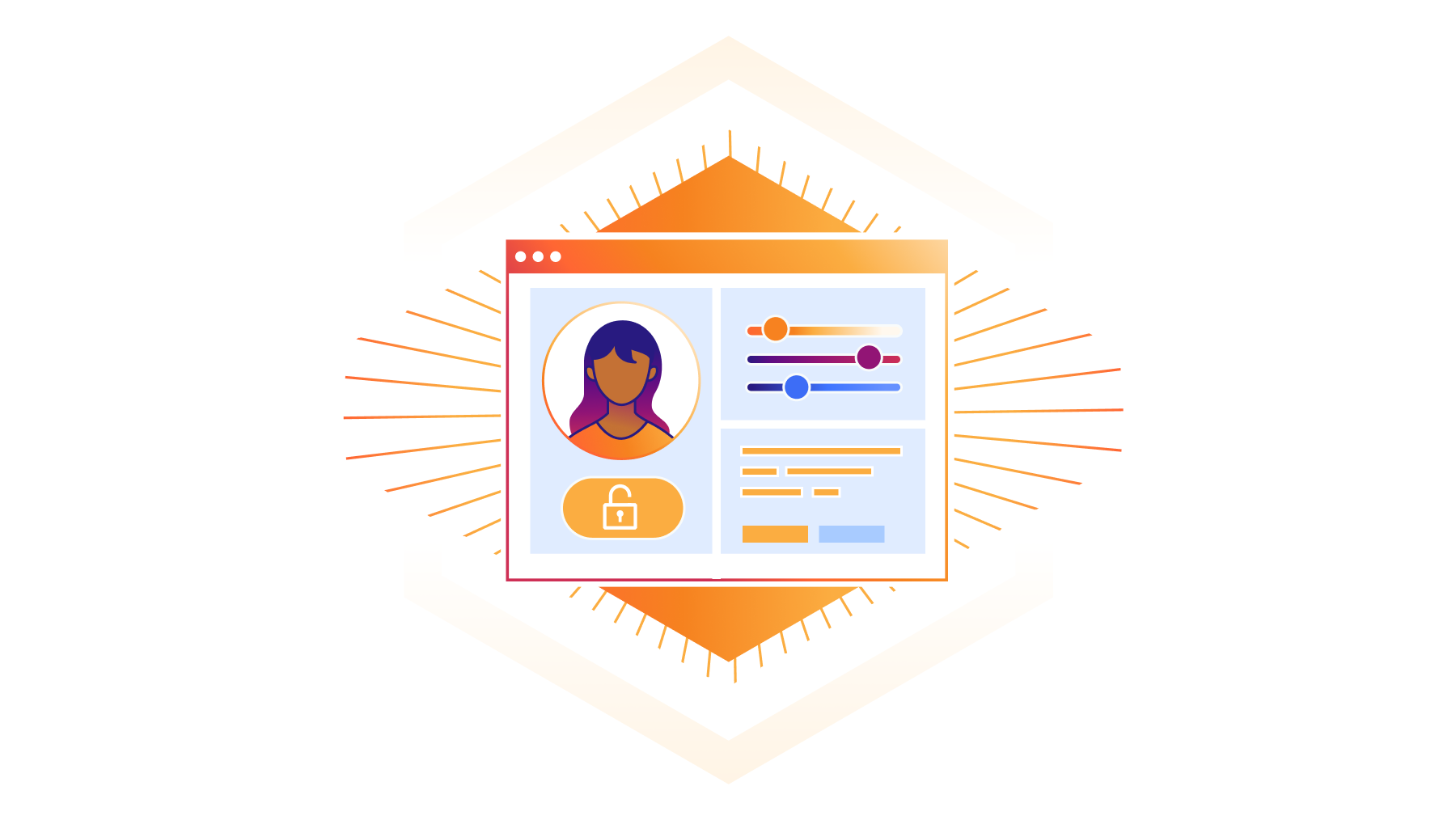

In the dynamic landscape of modern web applications and organizations, access control is critical. Defining who can do what within your Cloudflare account ensures security and efficient workflow management. In order to help meet your organizational needs, whether you are a single developer, a small team, or a larger enterprise, we’re going to cover two changes that we have developed to make it easier to do user management, and best practices on how to use these features, alongside existing features in order to scope everything appropriately into your account, in order to ensure security while you are working with others.
In the preceding year, Cloudflare has expanded our list of roles available to everyone from 1 to over 60, and we are continuing to build out more, better roles. We have also made domain scoping a capability for all users. This prompts the question, what are roles, and why do they exist?
Roles are a set of permissions that exist in a bundle with a name. Every API call that is made to Cloudflare has a required set of permissions, otherwise an API call will return with a 403. We generally group permissions into a role to Continue reading
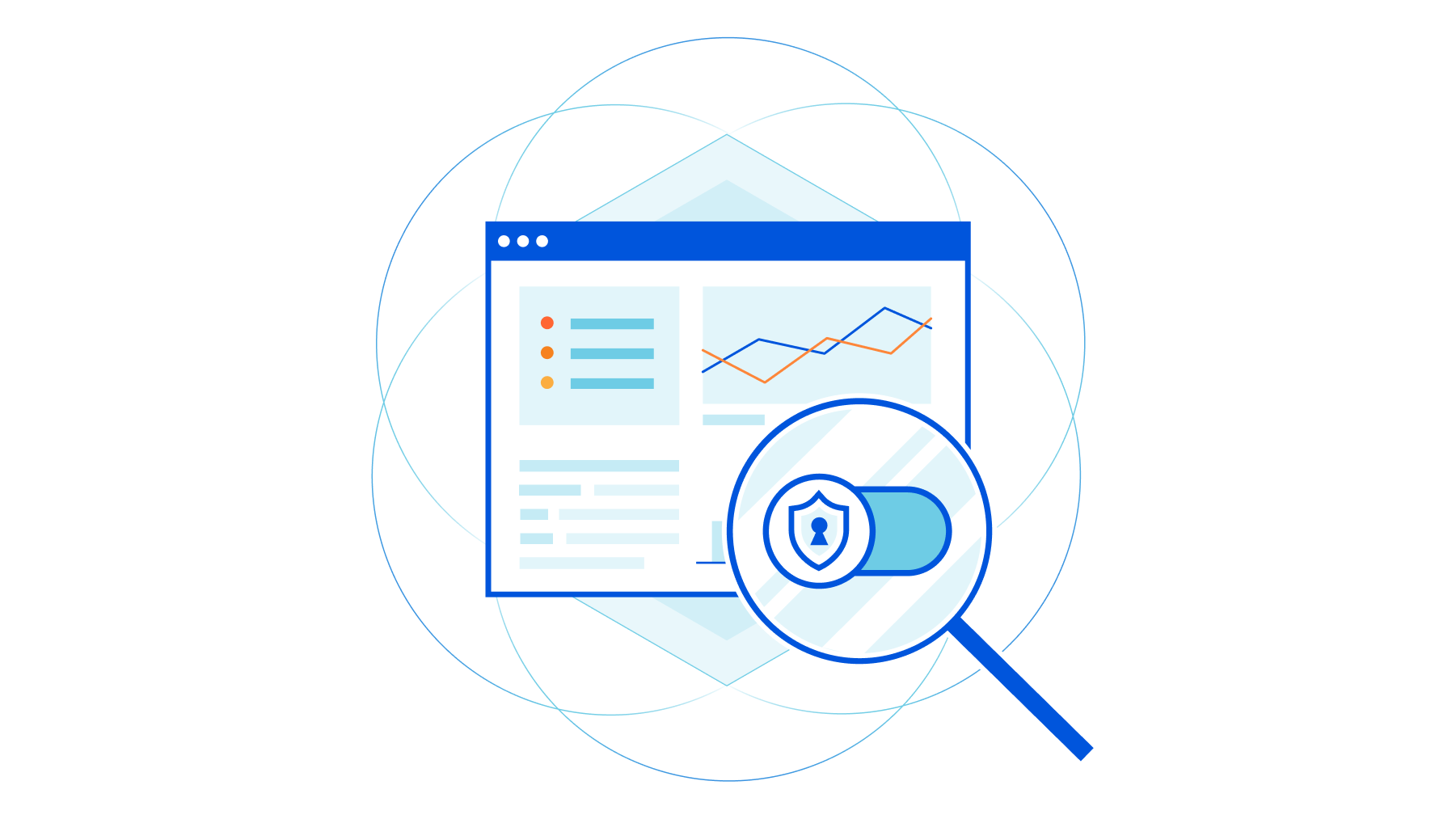
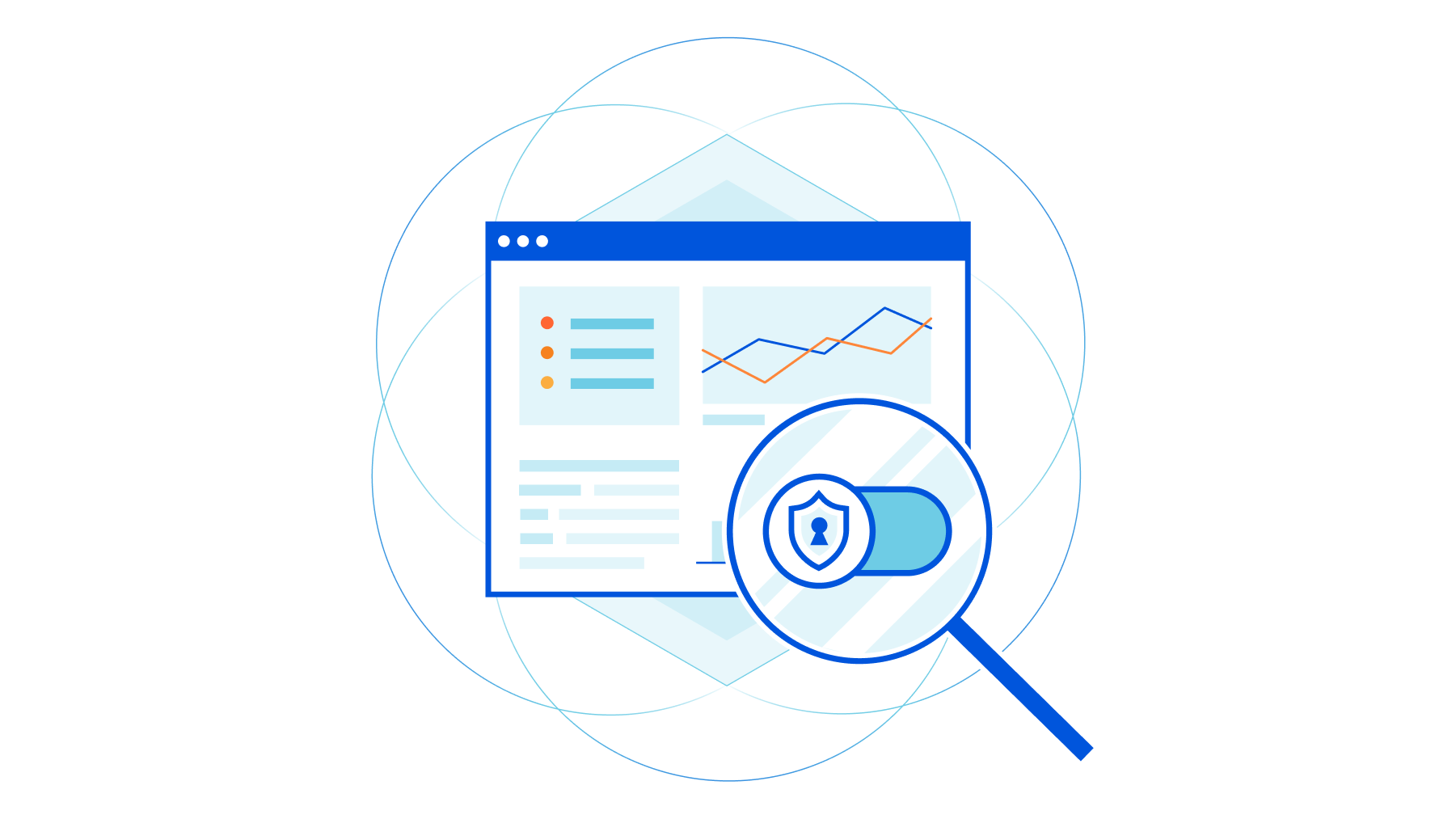
Starting today, it is possible to selectively scope API access to your account to specific users.
We are making it easier for account owners to view and manage the access their users have on an account by allowing them to restrict API access to the account. Ensuring users have the least amount of access they need, and maximizing visibility of the access is critical, and our move today is another step in this direction.
When Cloudflare was first introduced, a single user had access to a single account. As we have been adopted by larger enterprises, the need to maximize access granularity and retain control of an account has become progressively more important. Nowadays, enterprises using Cloudflare could have tens or hundreds of users on an account, some of which need to do account configuration, and some that do not. In addition, to centralize the configuration of the account, some enterprises have a need for service accounts, or those shared between several members of an organization.
While account owners have always been able to restrict access to an account by their users, they haven’t been able to view the keys and tokens created by their users. Restricting use of the Continue reading
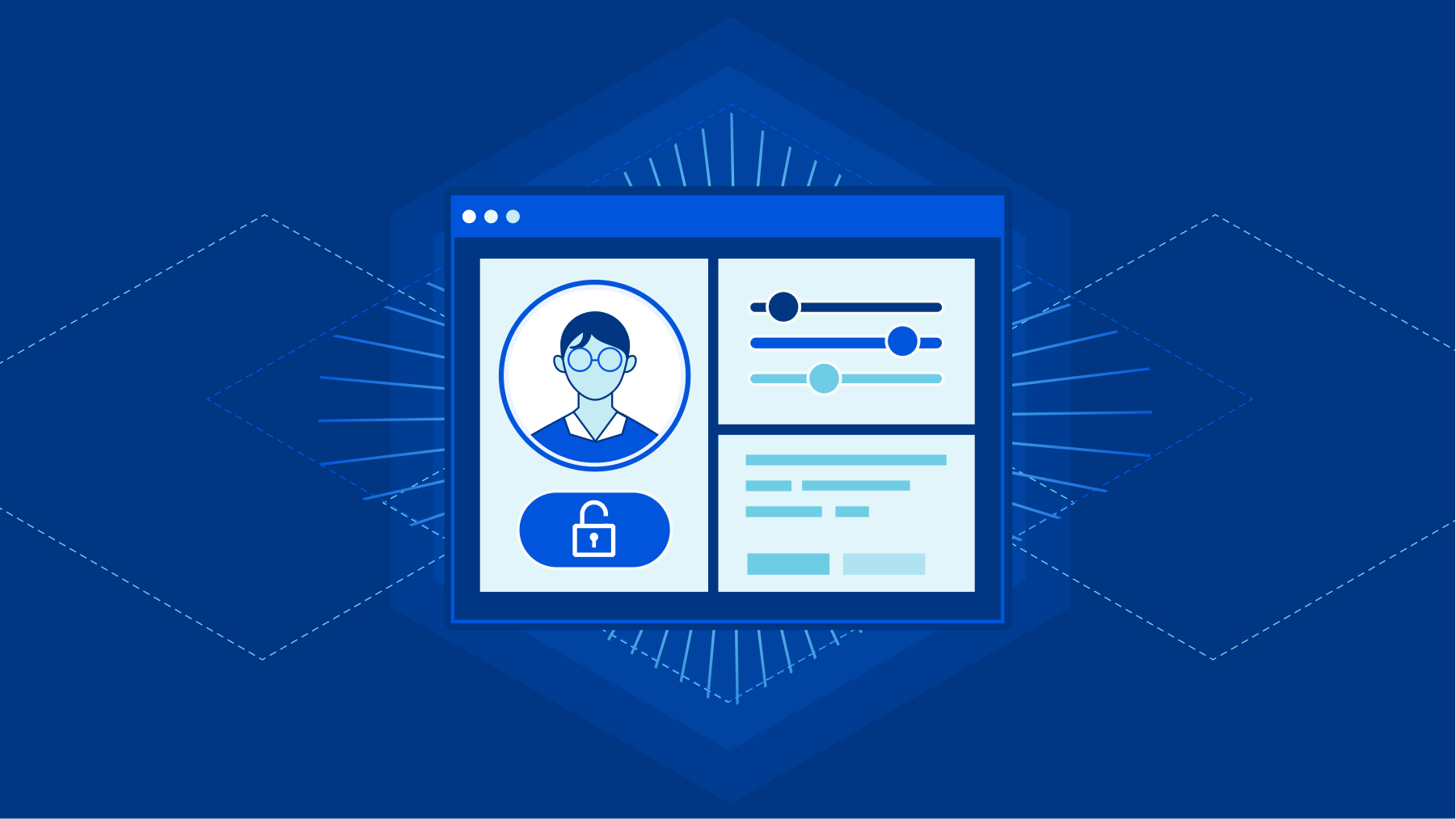
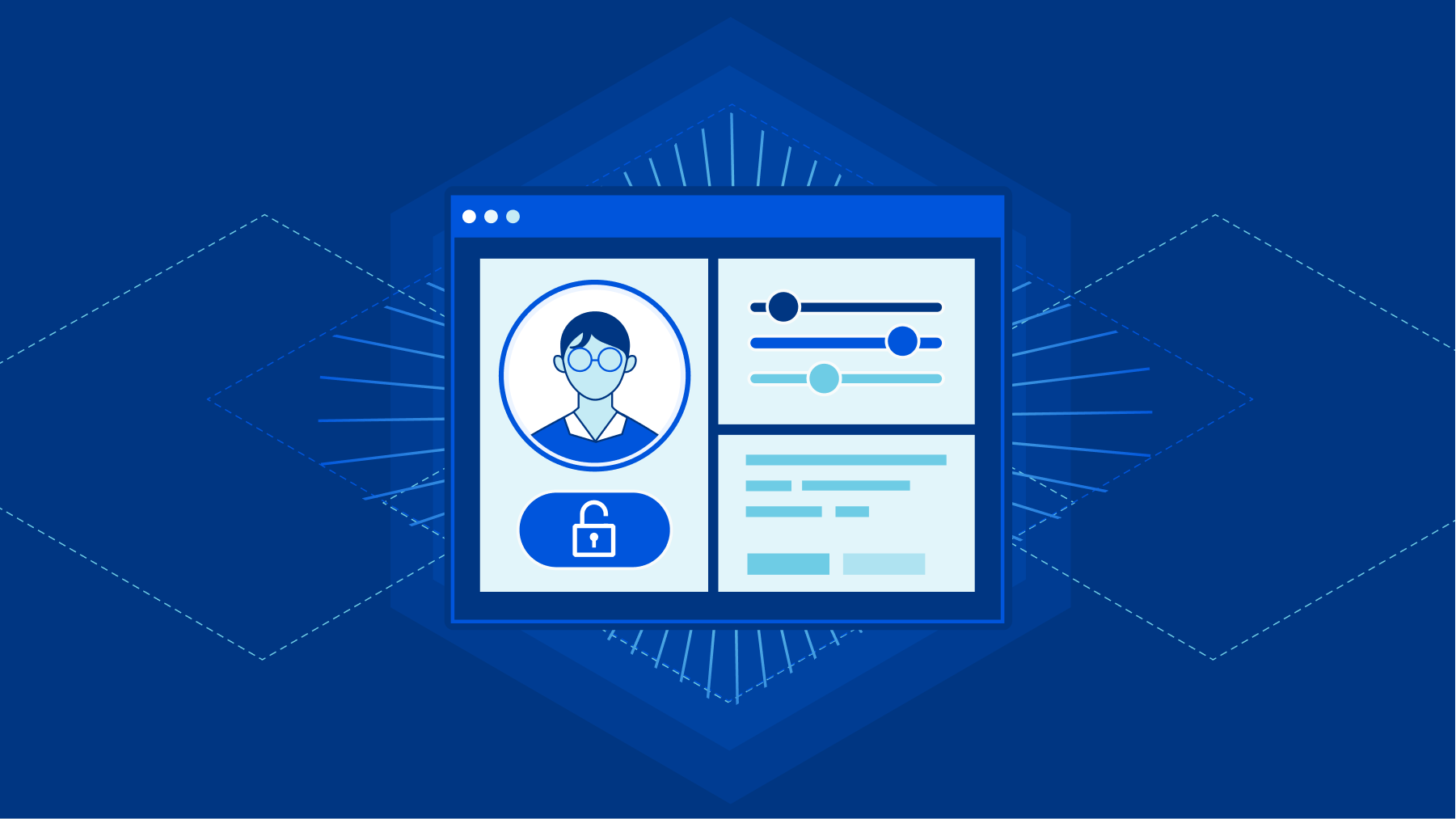
Cloudflare’s mission is to help build a better Internet. Pair that with our core belief that security is something that should be accessible to everyone and the outcome is a better and safer Internet for all. Previously, our FREE and PAYGO customers didn’t have the flexibility to give someone control of just part of their account, they had to give access to everything.
Starting today, role based access controls (RBAC), and all of our additional roles will be rolled out to users on every plan! Whether you are a small business or even a single user, you can ensure that you can add users only to parts of Cloudflare you deem appropriate.
It is good practice with security in general to limit access to what a team member needs to do a job. Restricting access limits the overall threat surface if a given user was compromised, and ensures that you limit the surface that mistakes can be made.
If a malicious user was able to gain access to an account, but it only had read access, you’ll find yourself with less of a headache than someone who had administrative access, and could change how your Continue reading